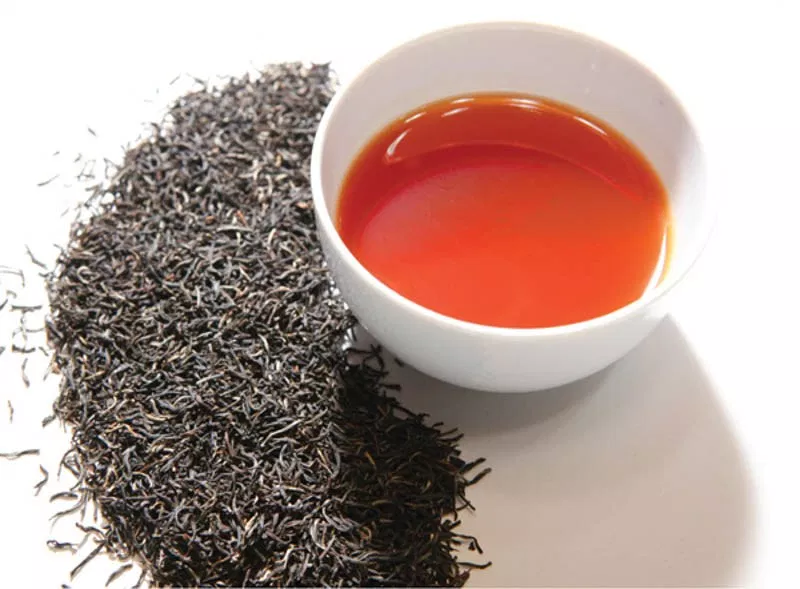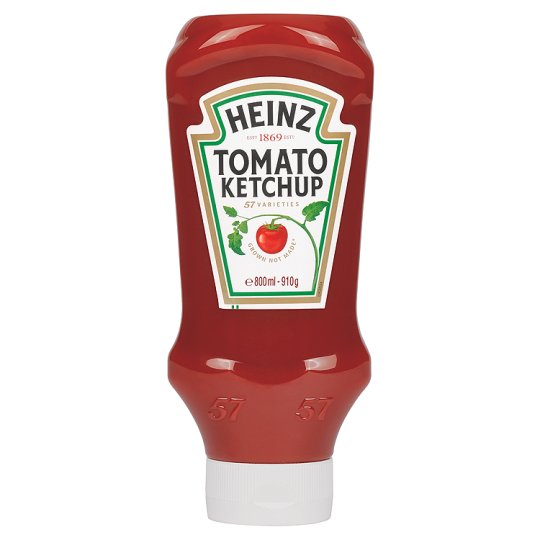
Sharing somethin' with the world
Five English Words and Fascinating Facts about Chinese Words
When we look up some English words in the dictionary, we can find some Chinese words enrich the English language. Now it's a time to introduce five words.
1. TEA (茶)
The Mandarin word for tea is ch'a, and this was form that first appeared in English in the 1500s, in accounts of people's travels to the Orient. Even today in Cockney slang, 'cha' is a word for tea. Meanwhile, however, the Dutch were also active in the East Indies, and they encountered the substance under a different name in another dialect of Chinese, possibly in Taiwan. This word was te. To this day in fact, in Taiwanese Hokkien dialect, the word for tea is de. The Dutch were the first to import tea to Europe, in the early 1600s, and they initially cornered the market. They turned the Chinese word into tee (pronounced TAY), and this caught on throughout continental Europe. For instance, tea was all the rage in Paris in the 1630s; the French took the Dutch word and made it thé. At the time, England was the biggest consumer of coffee, so the English were latecomers to the 17th-century tea trend; tea was first publicly sold in England only in 1657. Since the English latched on to the drink (with a vengeance, one might say) only after it had been adopted throughout the continent, with the Dutch name, the word we use now is the form that came through Dutch rather than the Mandarin word. 'Tea' was originally pronounced TAY in English as well (and indeed still is in some dialects of English) but by the end of the 1700s the pronunciation TEE had won out.
2.(ORANGE) PEKOE (白毫)
The most common type of tea. orange pekoe gets its name from two Chinese words, from the Amoy dialect (aka Xiamen dialect) spoken in the province of China directly across the Formosa Strait from Taiwan. Pek meant 'white' and ho meant 'down'; this variety of tea was so called because originally it was made of tea leaves picked so young that they still had that white downy fuzz found on young leaves.
The 'orange' in 'orange pekoe' had nothing to do with Chinese, however, it has not been determined for sure where it comes from; it may designate the colour of the leaf buds or the drink , or it may be because, at the beginning of the tea trade, the Dutch cornered the market and they named it 'Orange' in honour of the House of Orange, which was the Dutch royal house.

3. KETCHUP (番茄醬)
This apparently comes from a Chinese dialect word k'e-chap, which means 'brine of pickled fish'. Probably disgusting on French fries. The word may have migrated into English from Chinese via Malay thanks, like 'tea', to the Dutch. The condiment was discovered by the English surprisingly early: our first quotation, which is for the form 'catchap', is from 1690. At this point, and for some 150 years afterward, no tomatoes were involved, for they were expensive and besides were viewed as a suspicious American import by the English till the late 19th century. Originally, mushrooms or walnuts were the characteristic ingredient of ketchup, sometimes with anchovies and oysters. 'Ketchup' to Jonathan Swift, Lord Byron, and Charles Dickens (among the many great names in English literature who have felt the need to mention it) was probably something like Worcestershire sauce. But in the late 19th century, tomatoes started to be produced in large quantities in the United States. Instead of being an expensive rarity, they became a cheap, abundant, and notoriously perishable commodity. Perserving them in a sweetish pureed pickle was a good way to sell them, as Heinz did starting in 1876. And so it was that 'ketchup' came to be a tomato sauce.

4. CHOPSTICK (筷子)
When the English started trading with the Chinese in the 1600s, a pidgin language grew up. A pidgin is a mixture of two languages to facilitate communication between two cultures in contact for trade. In Chinese pidgin, chop meant 'quick'. 'Chopstick' was, therefore, a translation of the Chinese name for chopsticks, kwaizi, which literally meant 'nimble children' or 'nimble ones'.
5. KOWTOW (磕頭)
'Kowtow' comes from two Chinese words, k'o meaning 'knock' and t'ou meaning 'head'. Kowtow designated the Chinese custom of touching the ground with one's forehead when prostrating oneself in respect or worship. The word first appeared in English in this sense in 1804, in a book recounting someone's travels in China. The first use we have of it in the figurative snese of acting obsequiously or submitting to another's will is in an 1826 novel by Benjamin Disraeli, who took the noun and made it a verb.
喜欢我的文章吗?
别忘了给点支持与赞赏,让我知道创作的路上有你陪伴。
发布评论…